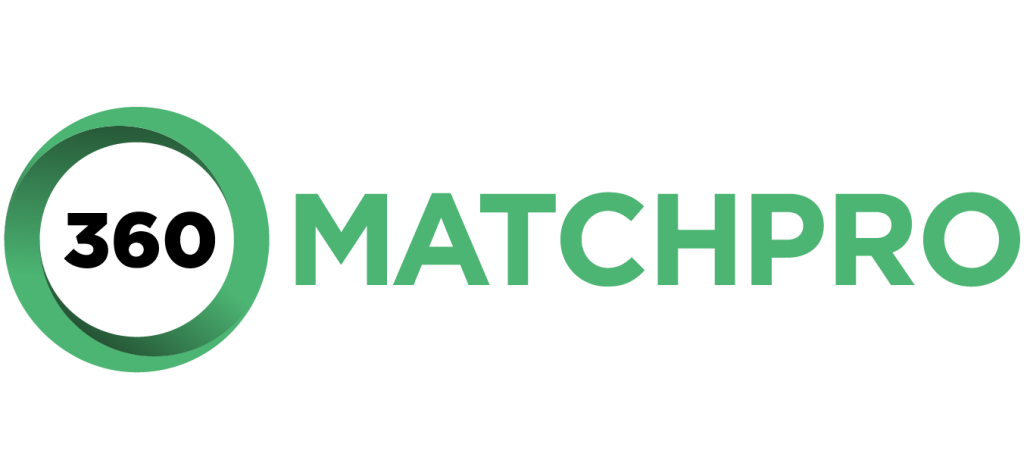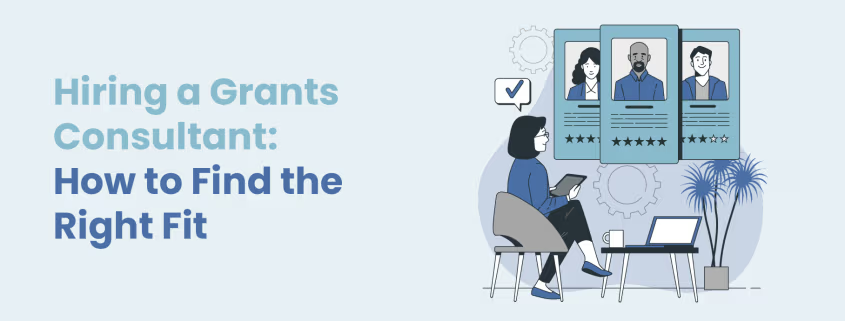Hiring a Grants Consultant: How to Find the Right Fit
For nonprofits like yours, grant funding is a critical revenue source. Whether they come from government agencies, private or public foundations, or corporations, grants provide the financial flexibility you need to complete major projects and launch programs to further your mission.
However, it takes a lot of time, effort, and resources to find and apply for the right grant opportunities, which is where professional grants consultants come in. In this guide, you’ll learn all you need to know about hiring a grants consultant for your nonprofit, including:
- Why should my nonprofit hire a grants consultant?
- Characteristics to Look for in a Grants Consultant
- 5 Steps for Hiring a Grants Consultant
Every organization is different, so it’s important to find a consultant whose services align with your unique needs and goals. Let’s get started by discussing the reasons your nonprofit may choose to work with one of these professionals.

Why should my nonprofit hire a grants consultant?
If your organization has been in existence for a while, you’ve likely worked with some type of nonprofit consultant, whether they helped you plan a capital campaign or develop your marketing strategy. Grants consultants are similar—they provide specialized services in an area that can be very time- and resource-intensive for nonprofits.
While nonprofits usually focus most on applications when grant-seeking, the grant lifecycle has five essential components you’ll need to manage to make the most of your organization’s funding opportunities:
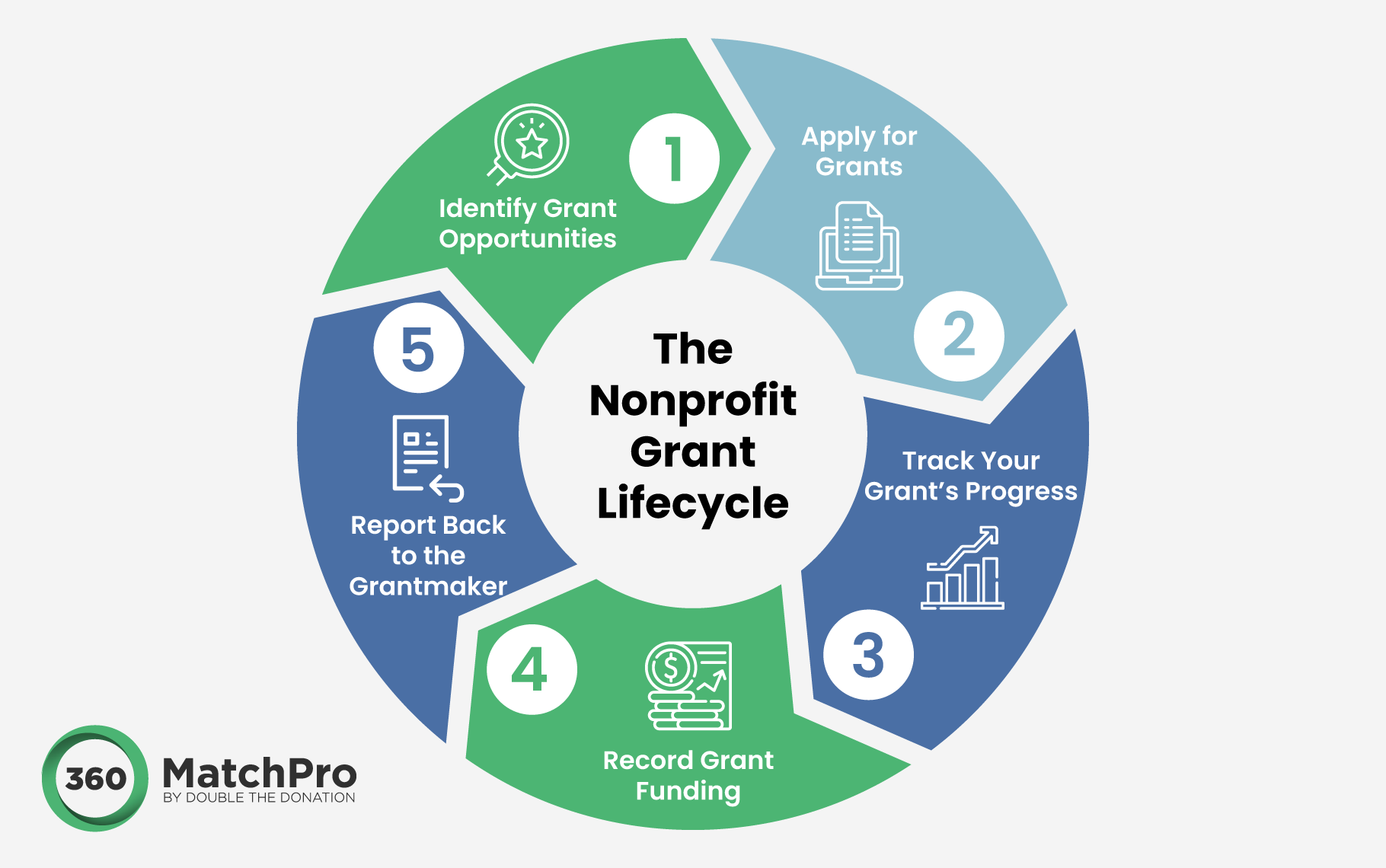
- Identify grant opportunities. Most grantmakers design opportunities for a specific purpose because they see awarding grant funding as investing in an organization and cause that aligns with their values. So, some grants will be a better fit for your nonprofit’s needs and goals than others.
- Apply for grants. When you find a grant opportunity that aligns with your needs, you’ll need to write a proposal that demonstrates to the grantmaker why your nonprofit is the most deserving of their funding among all of the organizations applying for it. Plus, it’s critical to get that proposal in by the deadline and follow all of the grantmaker’s guidelines to the letter to be considered.
- Track your grant’s progress. Your work isn’t done once you’ve secured funding—proper grant management is essential to make the most of a grant and show the grantmaker that your nonprofit is financially responsible. You’ll likely need specialized software and a detailed calendar to effectively document how you spend your grant funding and the progress you make on the initiative being funded.
- Record grant funding. In addition to tracking your grant in your grant management platform, you’ll also need to record when you receive grant funding and how you spend it in your nonprofit’s accounting system. This ensures your internal records are accurate when you fill out your annual tax return.
- Report back to the grantmaker. Most grantmakers will require your nonprofit to report its tracked data at least once during the grant’s lifecycle. Sometimes, receiving the full amount of your grant funding is contingent on these reports, since a grantmaker may only agree to support an initiative if it makes progress. Even if this isn’t the case, effective reporting can help you secure additional funding from that grantmaker in the future.
As grants become a regular part of your organization’s funding model, you might end up having several grants at different stages of the grant lifecycle at any given time. With all of the other activities your team does to keep your nonprofit running, it can be challenging to find the time and put in the work to effectively handle grants on your own.
Grants consultants’ entire purpose is to help nonprofits with every aspect of securing grant funding, so they can take some of this hard work off your shoulders. Whether you retain a grants consultant for long-term support or hire them for one project to help you get started, they allow you to outsource the time-consuming and specialized aspects of grant-seeking.
Characteristics to Look for in a Grants Consultant
If you’re ready to hire a grants consultant for your nonprofit, start the process with thorough research. Sometimes the first consultant who comes across your radar will be right for your organization, but you’ll likely need to search more to find the right fit.
For each potential consultant you come across, you should look for three key characteristics, which we’ll discuss in more detail in the following sections.
Comprehensive Support
If you’re considering hiring a grants consultant, you almost certainly want grant writing services to help you put together more effective proposals. But there is more you can look for in a potential partner. Given that the grant lifecycle has multiple moving parts, for the best results, you’ll need a consultant who can serve as a project manager to keep the whole process running smoothly.
As you reach out to potential partners, ask if they will:
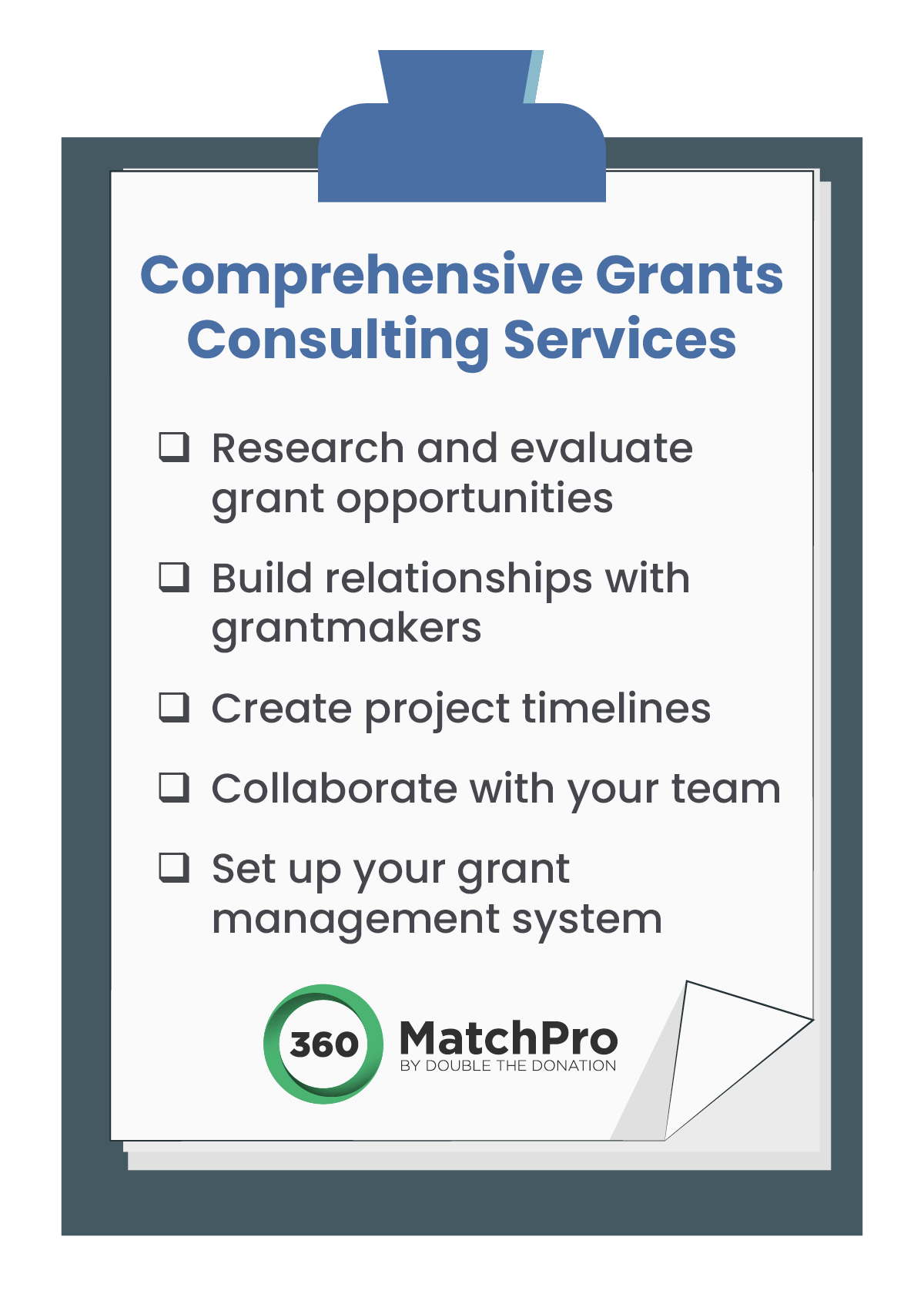
- Research and evaluate grant opportunities to determine whether your nonprofit can and should apply for them
- Guide you through the process of building relationships with grantmakers
- Create project timelines with clear expectations and deadlines
- Collaborate with your team to gather information for and revise proposals
- Set up your grant management system and help you delegate responsibilities for long-term sustainability
A grants consultant who offers more comprehensive support will be in a better position to help your organization secure the funding it needs.
Excellent Writing Skills
Even though you should look for a grants consultant who offers broad support, their grant-writing skills are still the most critical aspect of their services. After all, grant proposals make or break your nonprofit’s ability to secure funding. They should be clear and detailed, telling a compelling story about what your organization stands for and why you deserve the grant money.
Once you’ve narrowed down your potential grant consultants to a few top candidates, ask for samples of their best work and evaluate them. For consistency, create a simple rubric for your team to score these writing samples. Here is an example to help you get started: 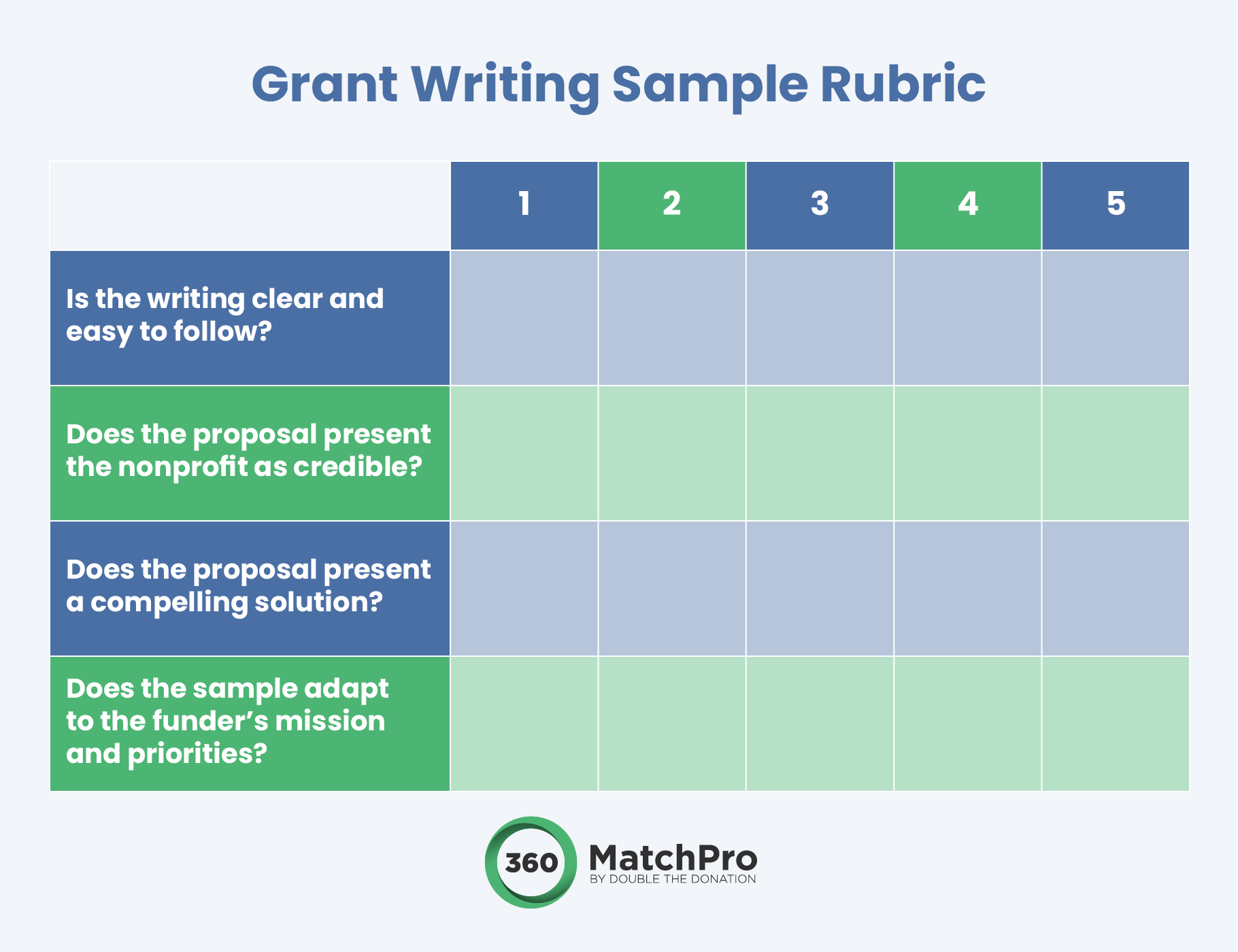
A scoring exercise like this will give your evaluations an added level of precision and make it easier to get input from more of your team members. Average each sample’s scores and compare the numbers for different candidates to get a quick view of their writing skills.
Additionally, read testimonials from previous clients to see if they were satisfied with the quality of the consultant’s writing before making your final decision. If data is available on consultants’ win rates (how many of their proposals allowed clients to secure funding), also compare those numbers to get an idea of who the best grant writers are.
Specialization
Depending on your nonprofit’s funding goals and the opportunities you want to pursue, it may be beneficial to look for grants consultants with extra specializations. Some consultants focus on writing proposals about specific topics (such as research or technical grants), and some specialize in securing grants from specific sources (such as the federal government), so keep that in mind if you’re going for a specific type of grant.
Rather than working with traditional grant opportunities, some consultants also specialize in securing and managing adjacent funding sources for your nonprofit, such as:
- Donor-advised funds (DAFs). DAFs allow supporters to make tax-deductible donations to various nonprofits through an account managed by an outside organization. Securing funding from a DAF requires similar relationship-building abilities to winning a grant, so some grants consultants are willing to help with both processes.
- Challenge grants. These gifts require your organization to meet a predetermined fundraising goal to receive a donation from an individual or group. Especially if the challenge grant is put forward by a company, your grants consultant can work with you to communicate with the funder and set up a tracking system to help you meet your goal.
- Google Ad Grants. This program provides eligible nonprofits with $10,000 per month to promote their organization through search ads on Google, helping offset their marketing costs. Although it isn’t a competitive opportunity like traditional grants, applying for and keeping up with your nonprofit’s Google Ad Grant can be time-consuming, which is why some grants consulting firms focus entirely on Google Ad Grant management.
Before you dive into the processes of grant-seeking or hiring a general grants consultant, review your nonprofit’s overarching goals to decide if you would benefit from more specialized help with traditional grants or if you’d be better off pursuing an adjacent funding opportunity with support from an experienced professional.

5 Steps for Hiring a Grants Consultant
Now that you know why your nonprofit should consider working with a grants consultant and what qualities to look for in one, it’s time to dive into actually hiring one! We’ve broken down the process into five general steps to help you out:
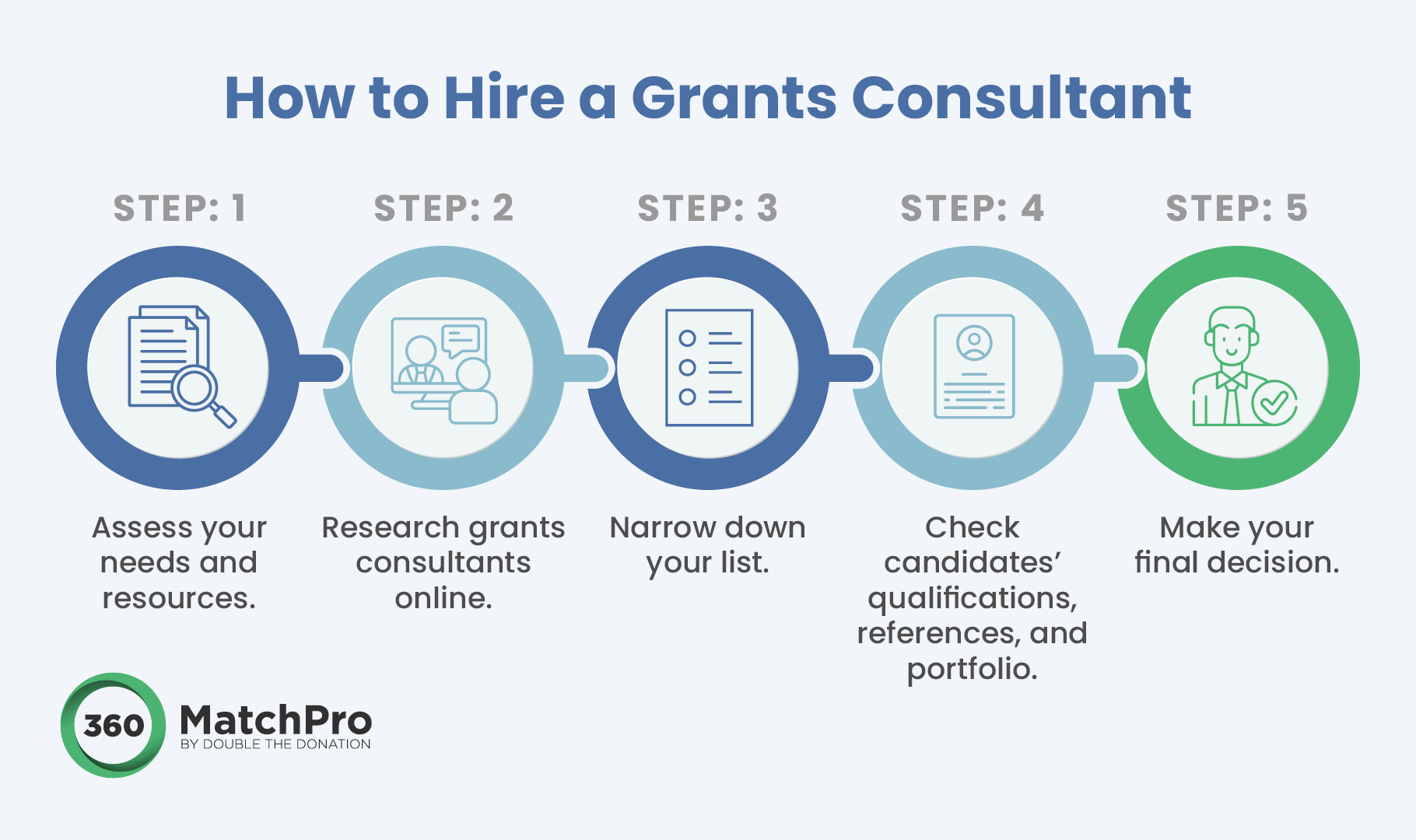
- Assess your needs and resources. Before investing in outside help, ensure your nonprofit’s whole team is on the same page about why you need grant funding and what types of opportunities you plan to pursue. This is also a good time to finalize your budget for hiring a grants consultant and consider the scope of the work you’ll need them to do.
- Research grants consultants online. Look for consultants who are located in your geographic region or can work remotely, and check that their specializations line up with your needs. If they meet those initial conditions, add them to your running list of potential choices. You might also reach out to nonprofits in your area or vertical to see if they’ve worked with a grants consultant before and have any recommendations for you.
- Narrow down your list. Of the consultants you discovered through your research, choose your top three to five candidates and reach out to them. Schedule an initial meeting to get to know them and their working style to get a better idea of whether they’ll be able to meet your needs and collaborate well with your team. If your initial picks fall through, you can always go back to your list.
- Check candidates’ qualifications, references, and portfolio. Many organizations do this by submitting a request for proposals (RFP) to their top candidates. This step will help you confirm that you’re on the right track with qualified candidates who can drive results.
- Make your final decision. Lastly, assess your top two to three picks’ pricing model and scope of work to choose one grants consultant to work with. Then, once you’ve established a contract with them, your work can begin!
Once you’ve hired a grants consultant, communicate with them regularly. This is important not only for establishing timelines and providing updates, but also for building a relationship with them that can turn into a long-term partnership.
Hiring a Grants Consultant: The Bottom Line
The right grants consultant can be the key to securing essential funding for your nonprofit’s most important initiatives. By following the tips and steps outlined above, you’ll be well on your way to finding the perfect partner for your organization’s unique needs, whether for a specific project or long-term grant-seeking support and guidance.
To learn more about nonprofit grant opportunities, check out these resources:
- How to Unlock Corporate Giving: The Key to Boost Donations. Discover the various forms of corporate giving your nonprofit can leverage to boost its revenue, including corporate grants.
- What Is Dollars for Doers? Everything You Need to Know. Explore another grant-adjacent funding opportunity some consultants may be able to help you secure: Dollars for Doers, also known as volunteer grants.
- How to Apply for the Google Ad Grant: Basics + 4 Steps. Dive deeper into the finer points of the Google Ad Grants program and learn how your nonprofit can apply for it.
